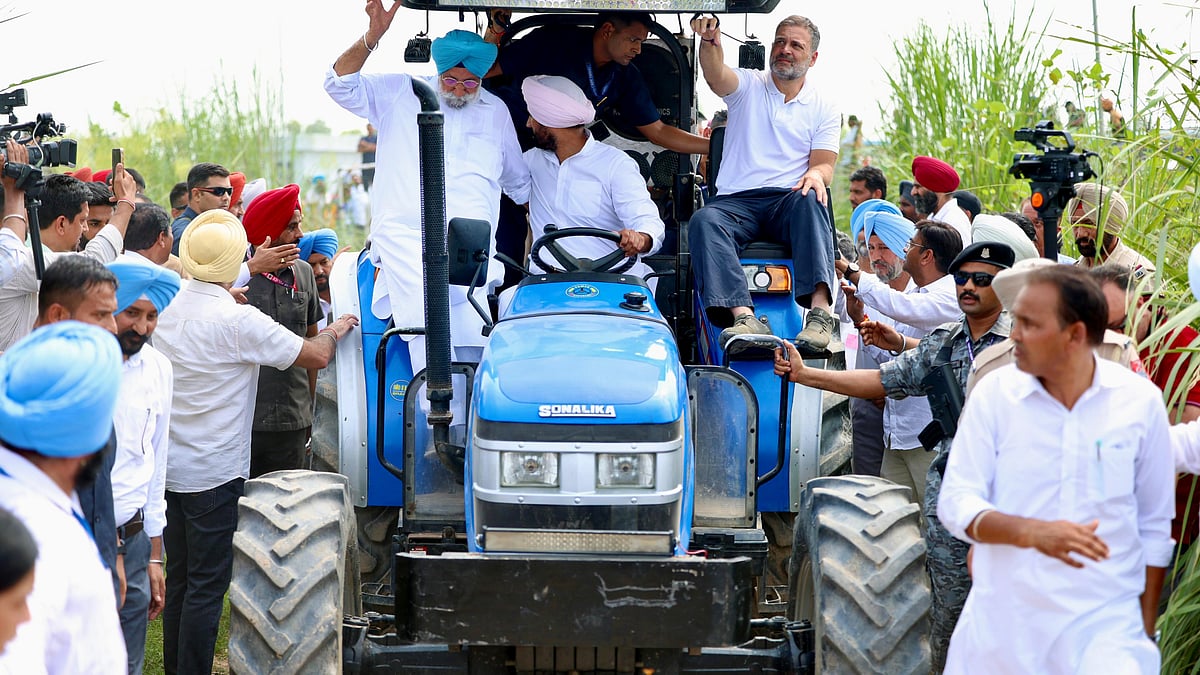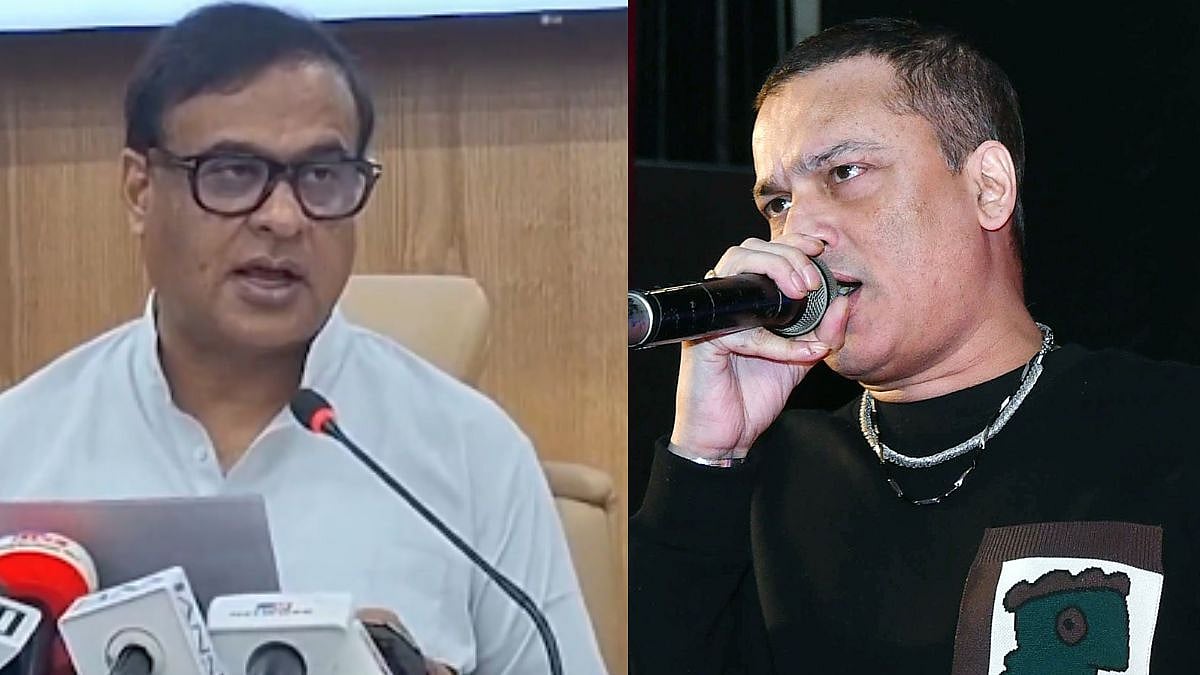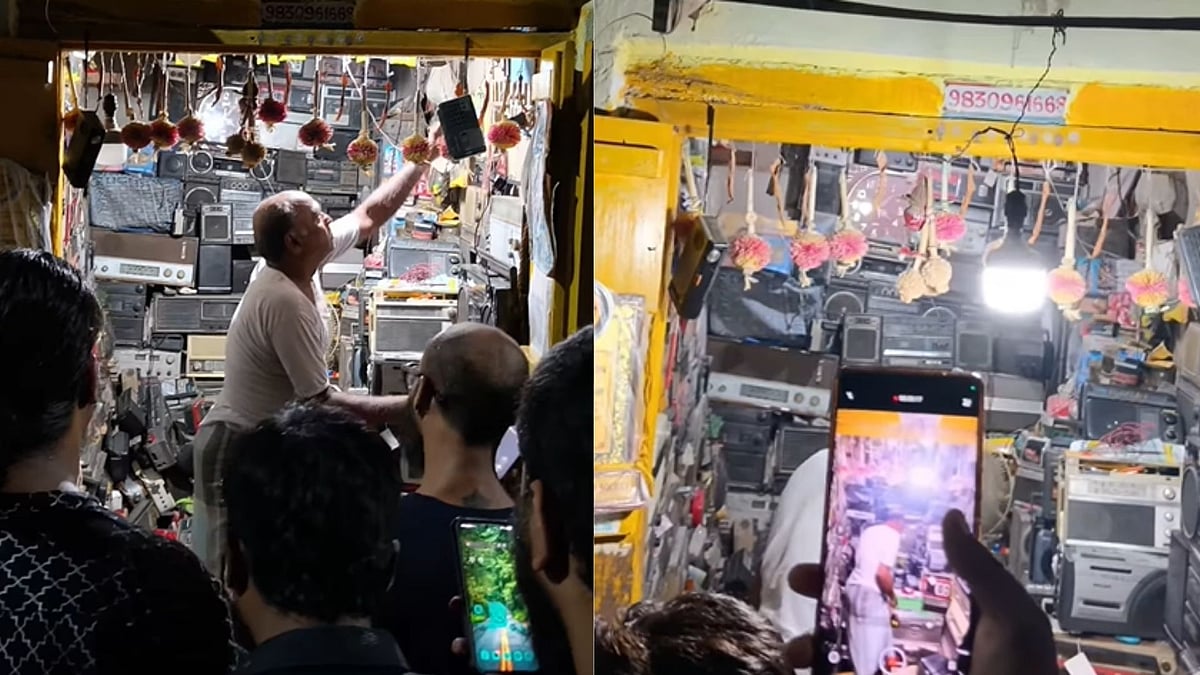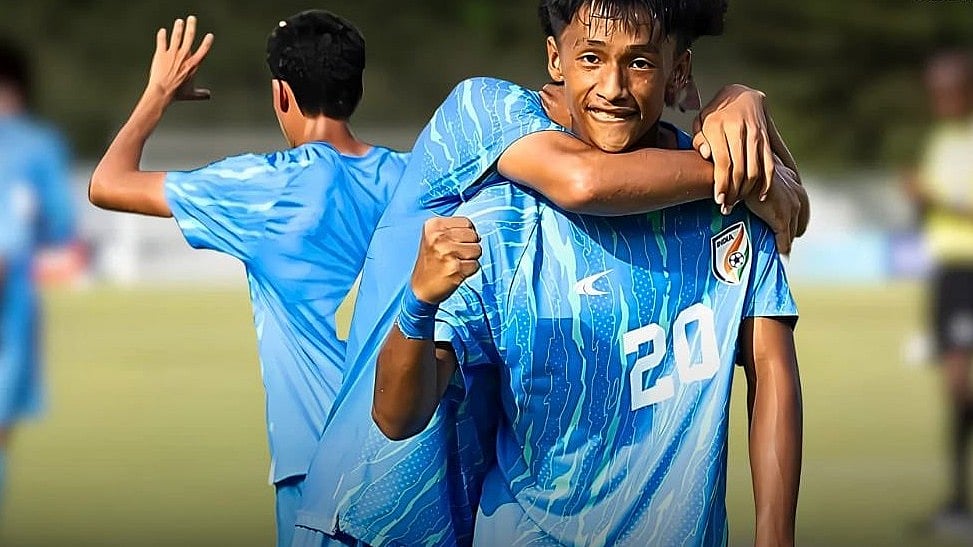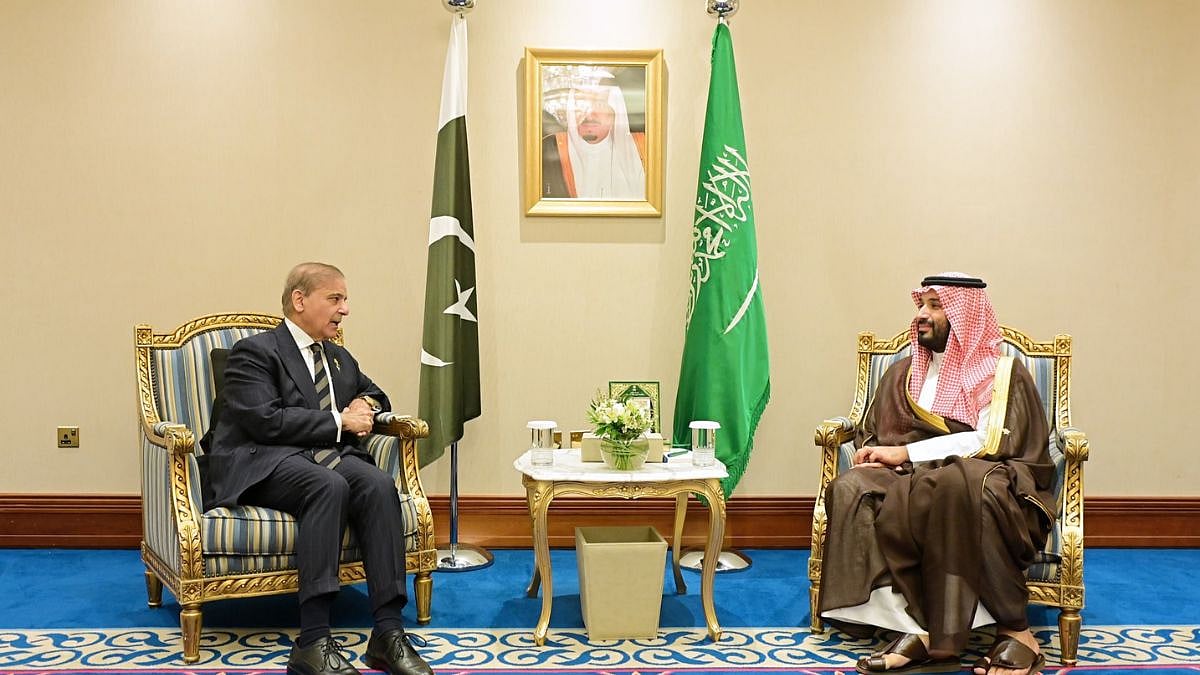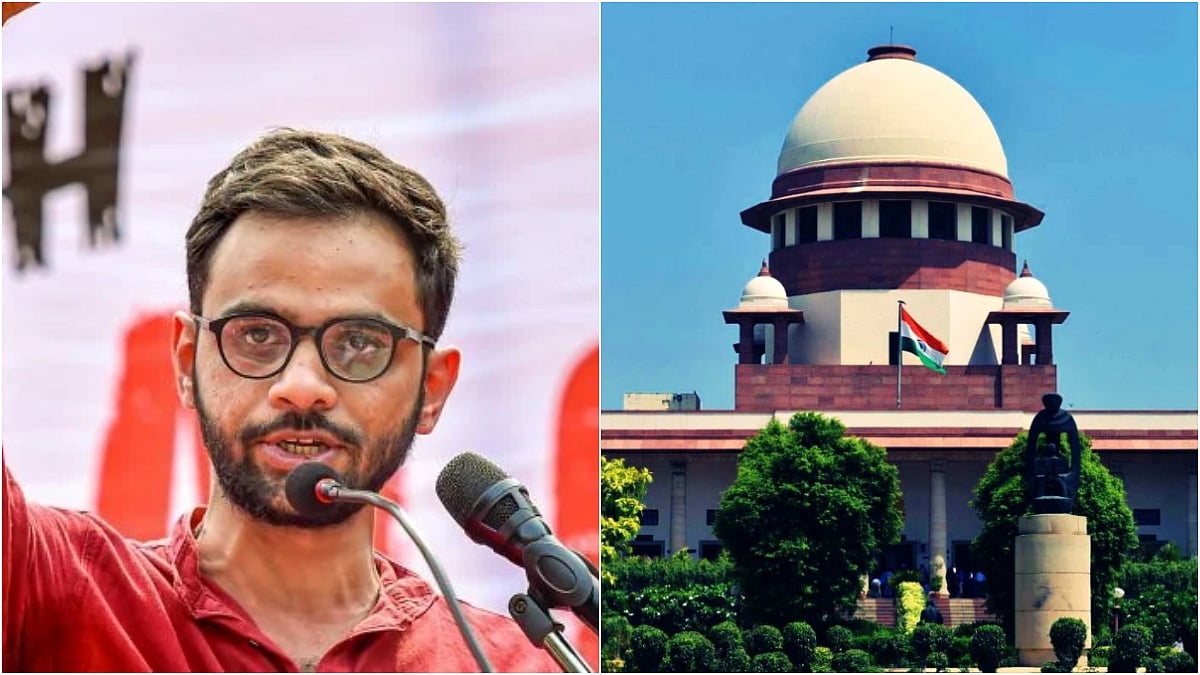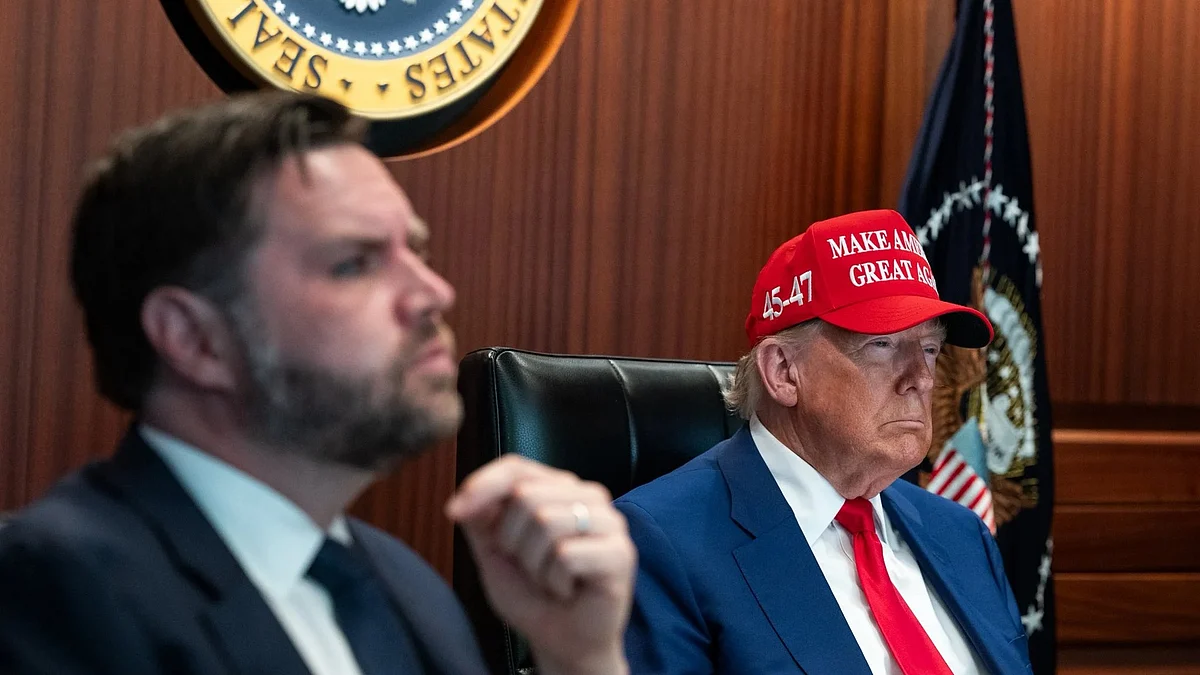New Delhi: Prime Minister Benjamin Netanyahu altered the security calculus in West Asia on September 9 when Israel launched a missile strike on Qatar. The action, which subsequently saw meetings between Gulf leaders, led to the signing of the Saudi-Pakistan Mutual Defence Agreement (SPMDA).
Signed on September 17, between Saudi Crown Prince Mohammed bin Salman and Pakistan’s Army Chief Asim Munir, the SPMDA has led to deep concerns in New Delhi, with one clause standing out. “Any aggression against either country shall be considered an aggression against both,” the clause said, leading to speculation within India. Would the Kingdom condone and even support a possible attack by Pakistan? Would this be the beginning of an Islamic NATO? What should India do in response?
Former ambassador to Saudi Arabia, Talmiz Ahmad, dismisses such concerns. Ahmad argues that the pact should not be seen through an India-Pakistan lens but rather be related to wider concerns taking place among Gulf nations. “The attack shows the US has become fatigued, and the region is searching for a wider security architecture. The signing of the SPMDA is the first step towards achieving this. External players such as Russia, China, and Turkey will now become more important. India should also leverage its ties to jockey for more influence in West Asia.”
Geopolitics aside, the question then arises: how does the SPMDA benefit Pakistan, and is it really a major concern for India? Former High Commissioner to Pakistan Sharat Sabharwal dismisses the notion of a potential joint military attack in the future, stating that Riyadh “does not have a large battle-hardened army from which they can send 20,000 people to fight alongside Pakistan. They also have important equities with India, especially in the economic sector, where they are trying to diversify their economy from oil to other sectors. That is where India offers many more opportunities than Pakistan.”
Sabharwal believes that the agreement provides key advantages to Pakistan that India needs to keep an eye on. Describing the Saudi-Pakistan agreement as a “transactional one,” he said it remained to be seen what resources Riyadh would provide Islamabad in the future. “The possibilities include providing oil on credit and parking money in the central bank to shore up foreign exchange reserves. This could ease the Pakistani economy but also give it money to strengthen its defence capabilities.”
Colonel Rajeev Agarwal, Senior Research Consultant at Chintan Research Foundation, agrees with this assessment. Agarwal pointed out that Islamabad has inked MDAs in the past with little to show for it. Pointing to the MDA Pakistan signed with the US in 1954, the Southeast Asia Collective Defence Treaty (SEATO) in 1955, and then the Baghdad Pact (later CENTO) in 1955, Agarwal said none of them fulfilled Islamabad’s aims. “In all these alliances, Pakistan had two clear aims: security assistance and military hardware from the Western alliance and support during any conflict against India.
However, neither in 1965 nor in 1971 did any alliance partner intervene directly to help Pakistan fight India, except to provide some military hardware. Even during the 1999 Kargil war, Pakistan was largely on its own.” Agarwal believes that such a pact would enable a “closer buyer-seller partnership with the US and Turkey, indeed a happy situation for Pakistan. This would be a definite area of concern, as India may have to contest a better-equipped adversary in any future conflict.”
Agarwal’s concerns seem to be echoed by New Delhi. At a press briefing last week, MEA spokesperson Randhir Jaiswal said that India and Saudi Arabia had a “wide-ranging strategic partnership” and that India expected that “this strategic partnership will keep in mind mutual interests and sensitivities.” Ahmad dismisses such concerns as premature, stating that the fine print needed to be made clear. He, however, pointed out that India needed to be alive to other issues.
“There is uncertainty regarding the role of China. China is a major partner with both Pakistan and Saudi Arabia. Will it play a role here? And the last question that remains to be addressed is what happens now? Are there other Gulf countries likely to come into the picture as part of the security arrangement?” Asked how India could best navigate these concerns, the experts said new forms of diplomacy would be the answer.
While Ahmad suggested dialogue through a revived RIC may be one way for India to better engage the Gulf, others had a different take. As Agarwal said. “In situations of conflict like those prevailing in West Asia, India needs to call out the aggressor where required, even if it means it is Israel, a key strategic ally that has stood by India through thick and thin. The Saudi-Pakistan Defence Pact may not have direct consequences for India, but it reflects a rapidly evolving order of which India cannot afford to sit out.”

